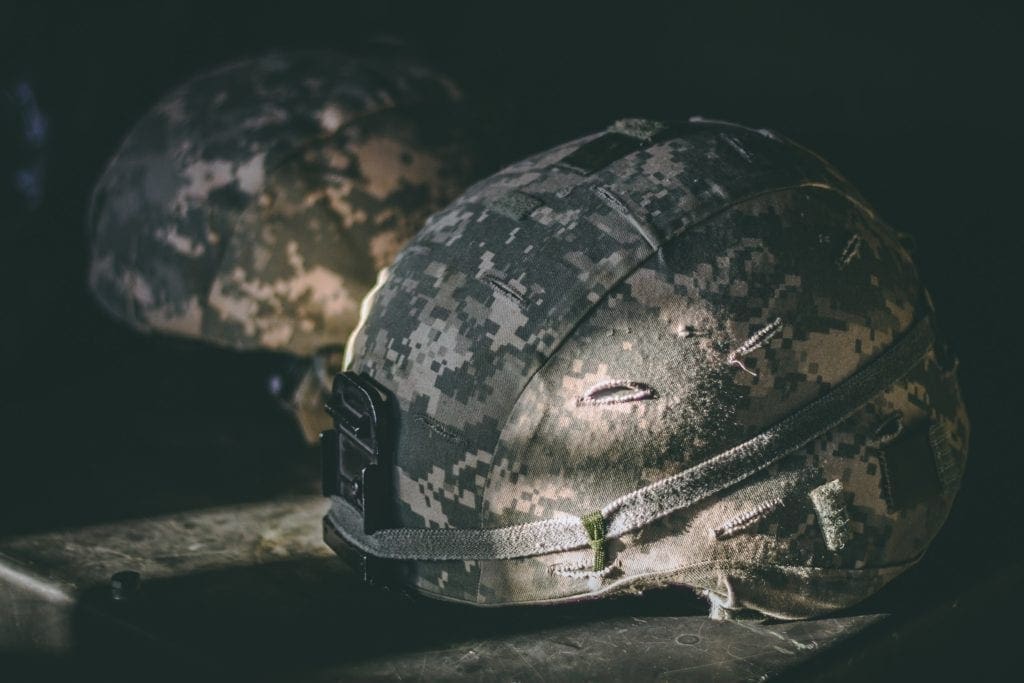The Pensacola Naval Air Station shooting that took place on December 6, 2019, has rekindled debate about gun policy at U.S. military facilities.

On that day, a Saudi national gunned down three sailors and left eight others wounded. Thankfully, Sheriff’s deputies from Escambia County were able to stop the murderer in his tracks before he could cause more casualties. The event shocked the nation and raised questions about how a supposedly secure location like NAS Pensacola could fall prey to a deranged murderer.
It would soon be discovered that the naval air station is effectively a gun-free zone. According to the Crime Prevention Research Center, military personnel at facilities like NAS Pensacola can only possess a firearm when they transport it to the base. Additionally, they have to store their weapons in an armory when they arrive, given that these bases don’t recognize concealed carry permits.
Such a scenario is not unprecedented. When Major Nidal Malik Hasan carried out his massacre at Fort Hood in 2009, Hasan took advantage of policies that barred regular military personnel from carrying firearms at the base. This policy flaw proved to be deadly as Hasan slaughtered 13 people on November 5, 2009.
People are starting to slowly catch on to the perils of gun-free zones. Most significantly, the family of one of the victims of the shooting — Joshua Watson — understood how dangerous gun-free policies can be. Watson’s parents and brother went on “Fox & Friends” on December 10, 2019, making the case for concealed carry on military bases. They argued that Watson would still be alive if he had been allowed to carry his firearm during his pilot classes.
“These men and women are asked to go defend their country overseas or wherever and my brother was an expert marksman. He was captain of the Rifle Team for the Navy. He was well-qualified to have a firearm and defend himself,” Watson’s brother Adam said. “And, if we’re going to ask these men and women to stand to watch for our country, they need the opportunity to defend themselves. This isn’t the first time this has happened, and if we don’t change something, it won’t be the last.”
The rules on carrying service firearms vary by location, but Military.com reports that most bases prohibit “any personal firearms to be brought on the installation or stored in base housing or barracks,” if the individual is not law enforcement or military police at the institution.
It’s truly sad when military personnel — our frontline defenders — can’t even be trusted to carry firearms on military bases. If any group of individuals should be allowed to carry in these places, it should be them. President Donald Trump can score a major victory against federal gun control by spearheading reforms that allow all qualified military personnel to carry at bases. At the very least, bases should have the autonomy to decide their gun policies. Gun-free zones have proven time and time again to be deadly, regardless of the venue they’re enforced in. Over 90 percent of mass shootings take place in these areas.
From a big-picture perspective, America will need to address its relationship with Saudi Arabia and reform its migration and military training policies with countries that are hotbeds of terrorist activity. In the end, the Pensacola event was a cocktail of bad gun policy and questionable foreign relations coming together to create a national tragedy.
If there is one group that deserves a modicum of prudent security policy, it’s our military.




















